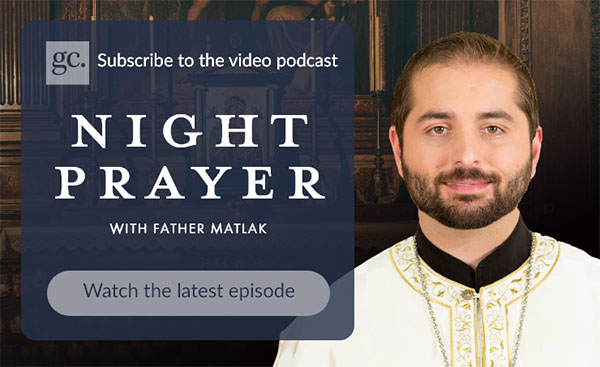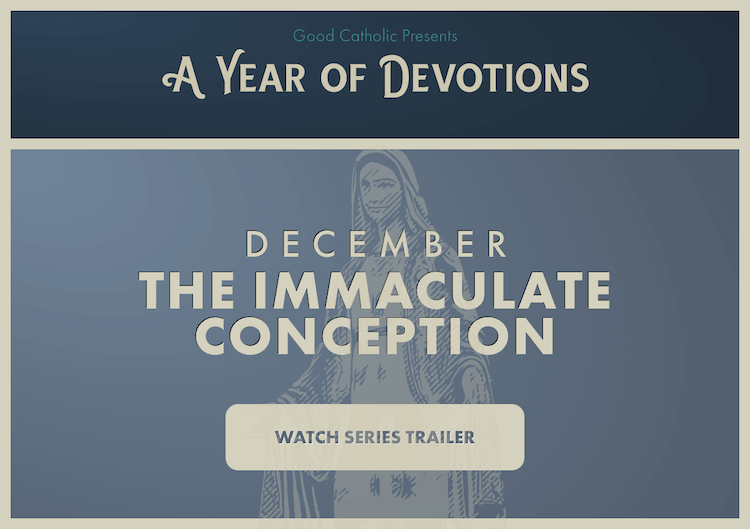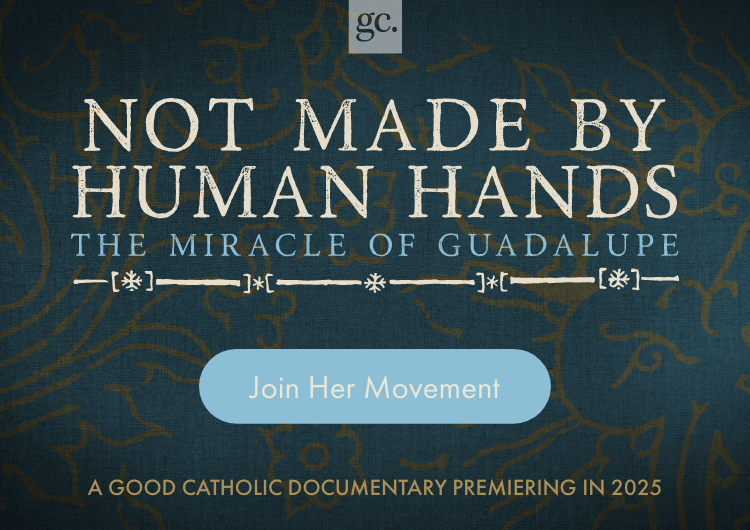By F18News - Felix Corley and Mushfig Bayra
Parliament has given first reading approval to two draft new laws increasing freedom of religion or belief restrictions. Among many other restrictions, the draft Religion Law makes it impossible for communities with fewer than 500 adult members to legally exist. Violations Code amendments sharply increase fines.This is a very dangerous law.
On 12 December, the Zhogorku Kenesh in Bishkek approved in the first reading two draft new laws which would continue to restrict freedom of religion or belief. The draft Religion Law continues to ban all unregistered exercise of freedom of religion or belief and makes it impossible for communities with fewer than 500 adult citizen members to gain legal status (currently 200). For the first time it requires places of worship of registered religious organisations to also register and bans sharing faith in public and from door to door. Amendments to the Violations Code sharply increase fines for those who violate provisions of the Religion Law.
The new Religion Law – if adopted by the Zhogorku Kenesh in its current form and signed by the President – would come into force on 1 February 2025. The Amending Law’s changes to the Violations Code would come into force 10 days after its official publication (see below). The draft new Religion Law would replace the 2008 Religion Law and subsequent amendments.
“I am afraid that if these changes are adopted, and if the authorities continue their past strategies, many churches will be closed down,” one Protestant who wished to remain anonymous for fear of state reprisals told Forum 18. Other religious communities, who also wished to remain anonymous for fear of state reprisals, told Forum 18 that regime officials had informed or consulted them on the proposed new Laws (see below).
The draft new Religion Law would among other things:
– continue to require all religious communities to gain state registration before they are allowed to exist or exercise freedom of religion or belief;
– continue to make illegal and punishable any exercise of freedom of religion or belief by religious communities without state registration;
– impose compulsory re-registration of religious communities every 10 years;
– impose multiple burdensome registration requirements, increasing the high thresholds for the numbers of founders required for a religious community;
– impose obstacles to founding religious communities, such as requiring a founding meeting to unanimously vote to establish a community;
– allow unspecified regime agencies to veto a religious community being founded;
– ban Muslims from founding any religious communities which are not controlled by the regime-controlled Muslim Board;
– give extensive powers to “control” registered religious organisations, religious education establishments, and registered places of worship;
– give extensive powers to ban religious communities;
– require registered religious organisations and religious education establishments to give the SCRA intrusive annual reports on their organisations and activities;
– require all places of worship to gain state registration from the SCRA;
– require SCRA permission before an individual can conduct unclearly defined “preaching activity”;
– require registered religious organisations and educational establishments to gain SCRA permission for any religious rituals or other events they plan away from their registered premises;
– continue SCRA censorship of all religious texts and material;
– continue the ban on distributing religious literature or materials “in public places, as well as by going round residential properties, state and municipal organisations, and in pre-school and general educational establishments, with the exception of religious educational establishments”;
– ban sharing faith in public and from door to door;
– ban religious education (whether of children or adults) without SCRA permission, including allowing the SCRA to control the curriculum;
– require SCRA permission for individuals to travel abroad to study in a religious educational establishment;
– continue to ban teaching religion individually outside a registered religious educational establishment;
– require SCRA registration for those sent by foreign religious organisations “to conduct religious activity in Kyrgyzstan”, with only registered religious organisations being able to apply for such registration;
– and ban elected members of local keneshes and the national Zhogorku Kenesh from conducting “religious activity”. It is unclear if this means that elected members could not be leaders or members of registered religious organisations, or even be banned from attending any meetings for worship (see below).
Current Violations Code Article 142 allows the police and the SCRA to issue summary fines for violating the Religion Law. The new Amending Law’s changes to the Violations Code increases the punishable scope of the exercise of freedom of religion or belief, and sharply increases fines.
The regime has long wanted to make laws on freedom of religion or belief harsher. In 2022, draft Laws were posted for public comments. However, this was then withdrawn for reworking. On 29 August 2024, the regime’s draft legislation website posted the Kyrgyz and Russian texts of two proposed new laws which continue to restrict freedom of religion or belief.
Various religious communities, who all wished to remain anonymous for fear of state reprisals, told Forum 18 that neither the State Commission for Religious Affairs (SCRA) nor other regime officials have informed or consulted them on the proposed new Laws. One religious community leader stated that the SCRA and other regime bodies “never consult us, and never ask the opinion of other religious communities which we know”.
On 5 September 2024, President Sadyr Japarov held a meeting of senior officials and members of Muslim (apparently only Muslim) religious organisations to discuss the draft Religion Law. Japarov encouraged “well-known ulems [Islamic scholars]” to submit their proposals on the draft Law during the public discussion, according to the presidential website. He added that “taking into account the views of all parties”, the agreed text would then be submitted to the Zhogorku Kenesh.
The Catholic Apostolic Administration had asked that the maximum period of three years for foreign missionaries be abolished or reviewed. SCRA Chair Azamat Yusupov said this had been rejected, as three years is the “optimal” length and it had long been intended to introduce that in the law “with the aim of controlling the number of foreign citizens (missionaries) as well as preventing the mass influx of foreign citizens (missionaries)”.
The regime then reworked the two draft Laws, with the participation of Chinara Musabekova, a lecturer at the Higher School of Justice under the Supreme Court and an official in the Association of Women Judges. However, the regime appears to have ignored at least some of her views. She told Forum 18 on 12 December that she had “many disagreements” with Zhogorku Kenesh “experts”. For example, Musabekova stated that she does not understand why the unregistered exercise of freedom of religion or belief, including meeting others privately for worship and studying sacred texts, must be regulated by the state. “I told the Zhogorku Kenesh that we must distinguish between those who want to be a regular religious organisation, and small numbers of people who want to meet in private.” She also stated that compulsory state registration in order to exist “is not right in terms of jurisprudence”.
Musabekova also told Forum 18: “Demanding 500 founders living in the same district for registration is not just.” She observed that “this will put religious communities in a very difficult situation,” as it will be particularly difficult for smaller religious communities.
“I do not understand why Muslims, who are a majority in the country, must be put under even greater state control,” Musabekova added. “Why must all Muslims, some of whom may have different views on Islam than the Chief Mufti, be put under his control?” She noted that “fear of extremism is always there. But the way to struggle against extremism is to not severely control Muslims or their beliefs.” Musabekova was not consulted about the Amending Law’s changes to the Violations Code.
President Japarov held a further meeting of senior NSC secret police and SCRA officials, as well as Muslim leaders, on 8 November. Japarov told them that the aim of the new Religion Law is “to strengthen the position of the Muftiate and the Council of Ulems [Islamic scholars]” and promote “unity among Muslims”, according to the presidential website. He insisted that Dawah (call to faith) was not being banned.
The various parliamentary committees approved the two draft Laws between 9 and 11 December. A human rights defender, Forum 18 on 11 December: “Parliament is discussing the draft Law in secrecy without publishing on its website the details of discussions and their results,” adding that “they seem to be in a rush, and this is alarming.” Multiple Zhogorku Kenesh deputies and officials involved in the passage of the draft Religion Law and the Amending Law’s changes to the Violations Code, who Forum 18 contacted between 11 and 13 December, refused to discuss either law.
The Organisation for Security and Co-operation in Europe (OSCE)’s Office for Democratic Institutions and Human Rights (ODIHR) “has not received any request from Kyrgyzstan to review either of these draft laws. The new Constitution was strongly criticised in a Council of Europe Venice Commission and Organisation for Security and Co-operation in Europe’s (OSCE) Office for Democratic Institutions and Human Rights (ODIHR) March 2021 Joint Opinion, as well as by Human Rights Watch and local and international human rights defenders; t also claims that the 2008 Religion Law contains “numerous inconsistencies and gaps” affecting half that Law. SCRA Chair Yusupov falsely claimed that adopting the new Religion Law would have “no negative social, economic, legal, human rights, gender, ecological, or corruption consequences”.
On 18 December 2023, four United Nations Special Rapporteurs – including Nazila Ghanea, Special Rapporteur on Freedom of Religion or Belief – wrote to the regime expressing concern about provisions in the November 2023 draft Religion Law (which has been adapted into the current November 2024 draft). The Special Rapporteurs asked the regime to inform them of measures it had taken or was planning to take to ensure the proposed Law’s compliance with the country’s obligations under international human rights law. As of 12 December 2024, the United Nations website does not list any response from the regime to their letter.
Individual complaints include those concerning Jehovah’s Witness communities, which have been repeatedly denied state registration, as have other communities. Such denials have “a chilling effect”, Jehovah’s Witnesses note. They took their cases to the UN Human Rights Committee, which in two decisions so far have found that Kyrgyzstan violated the rights of Jehovah’s Witnesses by arbitrarily refusing their communities in Naryn, Osh, and Jalal-Abad regions state registration.
SCRA officials have claimed – wrongly – that Human Rights Committee views “are for consideration but not for implementation”. Both the SCRA and court officials refused to explain in July 2023 why the SCRA rejected registration applications – including after the Human Rights Committee decisions – ignored repeated Human Rights Committee decisions, and why the SCRA claimed that Kyrgyzstan’s legally binding international human rights law obligations are not legally binding.
As the Laws were being prepared in autumn 2024, Jehovah’s Witnesses expressed concern that provisions “would severely restrict religious freedom and freedom of expression”. They were concerned that it would be illegal for Jehovah’s Witnesses to meet for worship privately in Regions (especially in the south) where officials have repeatedly rejected applications to register a religious organisation. The draft Religion Law and the draft Amending Law’s changes to the Violations Code contain multiple examples of the regime ignoring Kyrgyzstan’s legally-binding international human rights obligations.
The regime’s attempt to create a barrier between rights violates the UN Vienna Declaration and Programme of Action, which states: “All human rights are universal, indivisible and interdependent and interrelated.”
Cell: 541-973-5442










